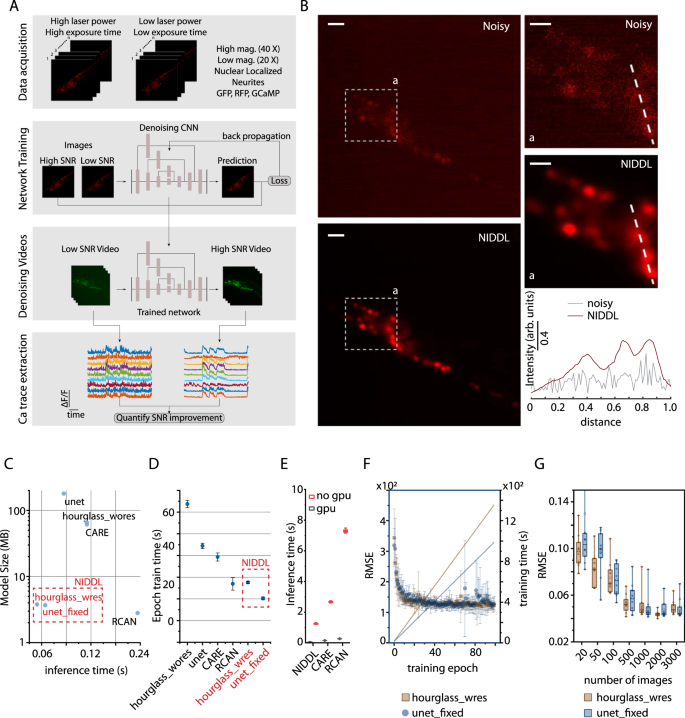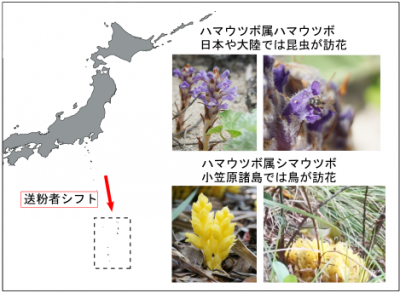2022-10-03 ジョージア工科大学
全脳光学イメージング法を用いると、ニューロンの活動を単一細胞の分解能で記録することができるため、これまでにない量のデータを得ることができる。しかし、一般に市販されている共焦点顕微鏡は、全脳イメージングに必要な技術的制約に対応できていない。
研究チームは、学習に必要なデータ量が管理しやすいことから、研究室がこのフレームワークを用いて独自のノイズ除去パイプラインを構築することを促進することができる。
また、強力なグラフィック処理ユニットがなくても、より多くの研究室がNIDDL(Neuro-Imaging Denoising via Deep Learning)フレームワークを採用できる可能性がある。NIDDLは広範囲に最適化されており、従来の手法と比較して、メモリフットプリントが20~30分の1、推論時間(機械が予測を行うために必要な時間)が3~4分の1に短縮されている。
<関連情報>
- https://research.gatech.edu/whole-brain-functional-imaging-takes-new-leaps-deep-learning
- https://www.nature.com/articles/s41467-022-32886-w
教師ありディープラーニングによる高速・高効率・高精度なニューロイメージングデノイジング Fast, efficient, and accurate neuro-imaging denoising via supervised deep learning
Shivesh Chaudhary,Sihoon Moon & Hang Lu
Nature Communications Published:02 September 2022
DOI:https://doi.org/10.1038/s41467-022-32886-w

Abstract
Volumetric functional imaging is widely used for recording neuron activities in vivo, but there exist tradeoffs between the quality of the extracted calcium traces, imaging speed, and laser power. While deep-learning methods have recently been applied to denoise images, their applications to downstream analyses, such as recovering high-SNR calcium traces, have been limited. Further, these methods require temporally-sequential pre-registered data acquired at ultrafast rates. Here, we demonstrate a supervised deep-denoising method to circumvent these tradeoffs for several applications, including whole-brain imaging, large-field-of-view imaging in freely moving animals, and recovering complex neurite structures in C. elegans. Our framework has 30× smaller memory footprint, and is fast in training and inference (50–70 ms); it is highly accurate and generalizable, and further, trained with only small, non-temporally-sequential, independently-acquired training datasets (∼500 pairs of images). We envision that the framework will enable faster and long-term imaging experiments necessary to study neuronal mechanisms of many behaviors.

